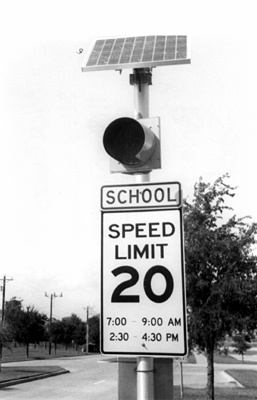All Nonfiction
- Bullying
- Books
- Academic
- Author Interviews
- Celebrity interviews
- College Articles
- College Essays
- Educator of the Year
- Heroes
- Interviews
- Memoir
- Personal Experience
- Sports
- Travel & Culture
All Opinions
- Bullying
- Current Events / Politics
- Discrimination
- Drugs / Alcohol / Smoking
- Entertainment / Celebrities
- Environment
- Love / Relationships
- Movies / Music / TV
- Pop Culture / Trends
- School / College
- Social Issues / Civics
- Spirituality / Religion
- Sports / Hobbies
All Hot Topics
- Bullying
- Community Service
- Environment
- Health
- Letters to the Editor
- Pride & Prejudice
- What Matters
- Back
Summer Guide
- Program Links
- Program Reviews
- Back
College Guide
- College Links
- College Reviews
- College Essays
- College Articles
- Back
To You
almighty wheels you think
wheels can think ?
can you ? o
you almighty o you
almighty wheels you think
wheels can think ?
can you ? o
you almighty o you
almighty wheels you think
wheels can think ?
can you ? o
you almighty o you
almighty wheels you think
wheels can think ?
can you ? o
you almighty o you
almighty wheels you think
wheels can think ?
can you ? o
you almighty o you
almighty wheels you think
wheels can think ?
can you ? o
you almighty o you
almighty wheels you think

Similar Articles
JOIN THE DISCUSSION
This article has 0 comments.

My (I think) original adaptation on the form of a pantoum, in which each line comprises one word (or, in one case, punctuation mark.) For space's sake each line of the poem is really four lines of the pantoum. Inspired in content by the protests against the Metropolitan Opera's production of The Death of Klinghoffer, inspired in form primarily by the work of Philip Glass and Steve Reich.